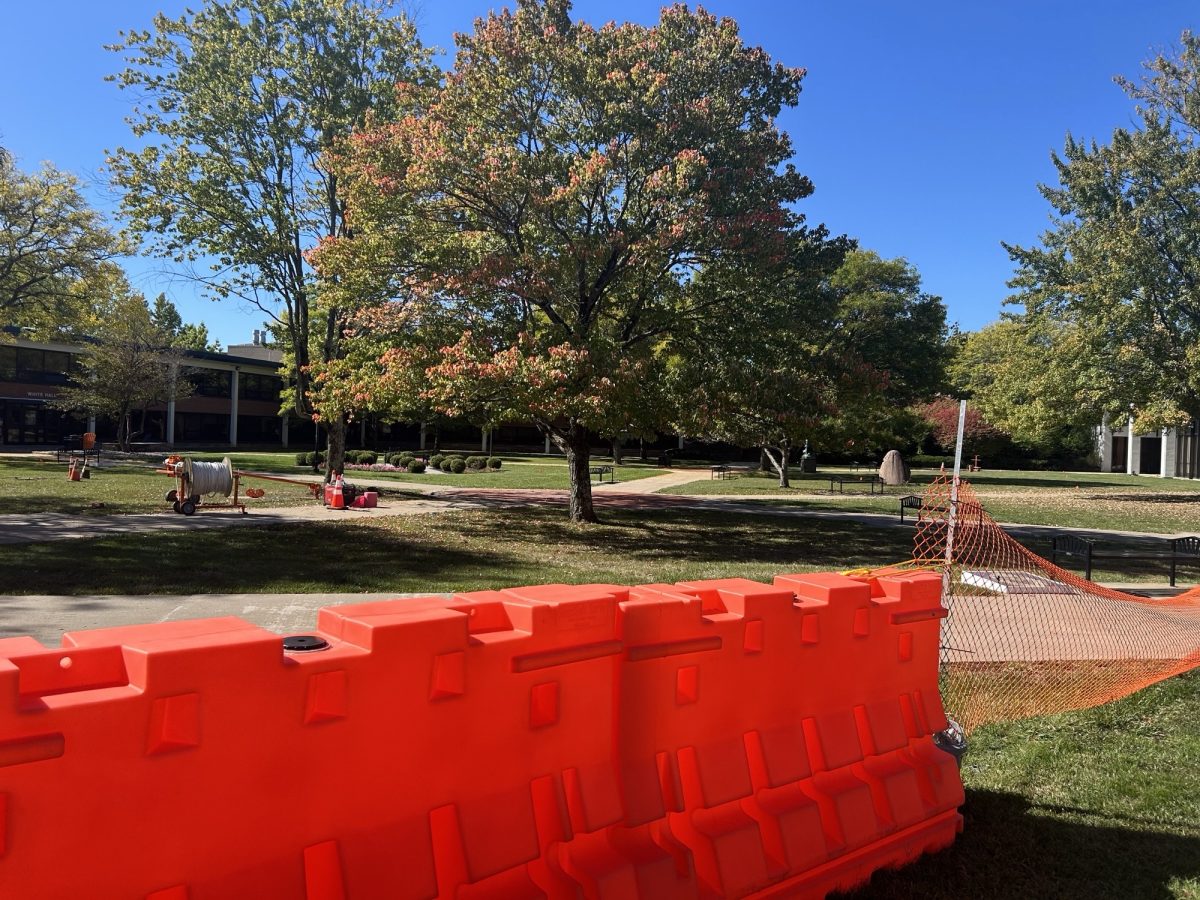At the moment, the novel coronavirus disease has spread to a wealth of countries and infected more than 300,000 people across the world. The confirmed pandemic from the World Health Organization (WHO) has caused businesses to close, governments to declare emergencies and schools and colleges to shift coursework online.
Various health and local authority figures and organizations have moved to help spread awareness on what individuals can do to keep safe during these times and what those infected with the disease can do to protect themselves and avoid the spread of the disease to others.
A recent report from CNBC confirmed that Gov. Andrew Cuomo has called for 110,000 hospital beds in 45 days as the state currently only holds 55,000. New York also contains five percent of the world’s cases according to the New York Times.
Utica College’s Terri Sherman from the Health Center stressed the importance of staying home and practicing proper hygiene. Those showing symptoms or potentially carrying the disease also have resources, Sherman said.
“If your symptoms are mild, treat yourself at home like you would for the flu,” Sherman said. “Plenty of rest, stay hydrated by drinking plenty of fluids and take Acetaminophen (Tylenol) for the fever and aches. You can try to call your primary healthcare provider at home for advice and testing if needed.”
Testing for the virus has become more and more restricted to those in the hospital rather than in remote locations, according to the New York Post. Sherman, as a result, suggests contacting the Health Center at 315-792-3094 or through 24/7 Telemedicine provided through health insurance.

“One of the biggest misconceptions is thinking you are invincible and won’t get the flu because you are young or have a healthy immune system. Many young healthy people are getting sick with Covid-19 and some have severe symptoms. Everyone needs to heed the warning and distance yourself from others, if not for yourself, then for others most vulnerable to this pandemic, your grandparents, siblings, family, friends and neighbors.”
Terri Sherman, Director/Nurse Practitioner of the Student Health Center
As the hashtag ‘Flatten The Curve’ becomes more of a reality rather than a trend, those at home are urged to partake in only safe activities that involve social distancing from others.
“Reading, puzzles, homework, gaming, crafts, stationary exercise equipment, virtual exercise programs,” Sherman said. “It is also okay to go outside for fresh air and exercise as long as you can social distance yourself from others while you are outside and not have any contact with anyone. Social distancing is not gathering in groups greater than ten people and maintaining a minimum of six feet or more between you and another person.”
Sherman said people should refrain from common misconceptions revolving around disease.
“One of the biggest misconceptions is thinking you are invincible and won’t get the flu because you are young or have a healthy immune system,” Sherman said. “Many young healthy people are getting sick with Covid-19 and some have severe symptoms. Everyone needs to heed the warning and distance yourself from others, if not for yourself, then for others most vulnerable to this pandemic, your grandparents, siblings, family, friends and neighbors.”
To stay informed about the disease and it’s relevant stories, Sherman said people could visit the Center for Disease Control’s website or check social handles and to follow respective state health departments for news directly from the source.
As China reported no new coronavirus cases on March 21, according to NBC News, the hardest-hit country by the coronavirus is starting to provide medical aid overseas. The importance of self-isolation and common sense precautions is strong.
“Stay home and stay safe,” Sherman said.









































































































































